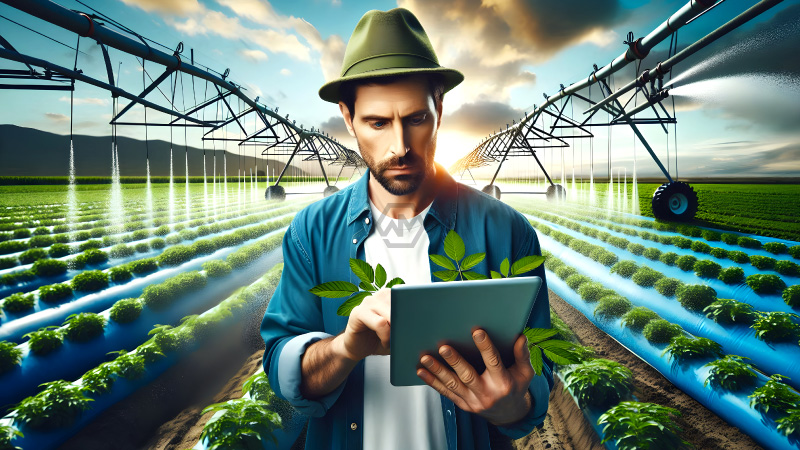- Microfinance grants support sustainable agricultural practices in developing countries.
- Climate-smart agriculture enhances productivity while reducing environmental impact.
- NGOs and financial institutions play a crucial role in funding these initiatives.
Microfinance grants provide smallholder farmers with the resources they need to adopt climate-smart agriculture (CSA) practices. These grants enable access to sustainable technologies such as improved irrigation systems, organic fertilizers, and agroforestry techniques.
However, challenges such as limited financial literacy, high implementation costs, and inconsistent grant availability hinder widespread adoption.
Financing a Sustainable Future: Microfinance for Climate-Smart Agriculture
Microfinance institutions play a crucial role in supporting climate-smart agriculture by offering grants and low-interest loans tailored for smallholder farmers. These financial tools help farmers invest in sustainable techniques such as drought-resistant crops and renewable energy-powered irrigation.
Successful programs, like those funded by the Green Climate Fund and IFAD, have demonstrated the impact of microfinance in building agricultural resilience. These initiatives have improved food security and rural livelihoods while reducing dependence on harmful chemical inputs.
Women farmers, often underserved by traditional financial systems, have benefited from microfinance programs promoting gender-inclusive climate-smart agriculture. Special grants and training programs equip them with the skills and capital needed for sustainable farming.
Scaling up these efforts requires collaboration between governments, financial institutions, and NGOs to create long-term, adaptable funding mechanisms. Strengthening these partnerships ensures that more farmers can transition to sustainable practices and mitigate climate-related risks.
Microfinance grants for climate-smart agriculture present a transformative opportunity to enhance food security, empower rural communities, and combat climate change. Strengthening these financial initiatives will drive sustainable development for future generations.
“The ultimate goal of farming is not the growing of crops, but the cultivation and perfection of human beings.” – Masanobu Fukuoka



